'Here & Now' Highlights: Amber Wichowsky, Anthony Chergosky, Angela Lang, McCoshen & Ross
Here's what guests on the November 11, 2022 episode said about the midterm election in Wisconsin and why some candidates won while others were defeated.
By Frederica Freyberg | Here & Now
November 14, 2022
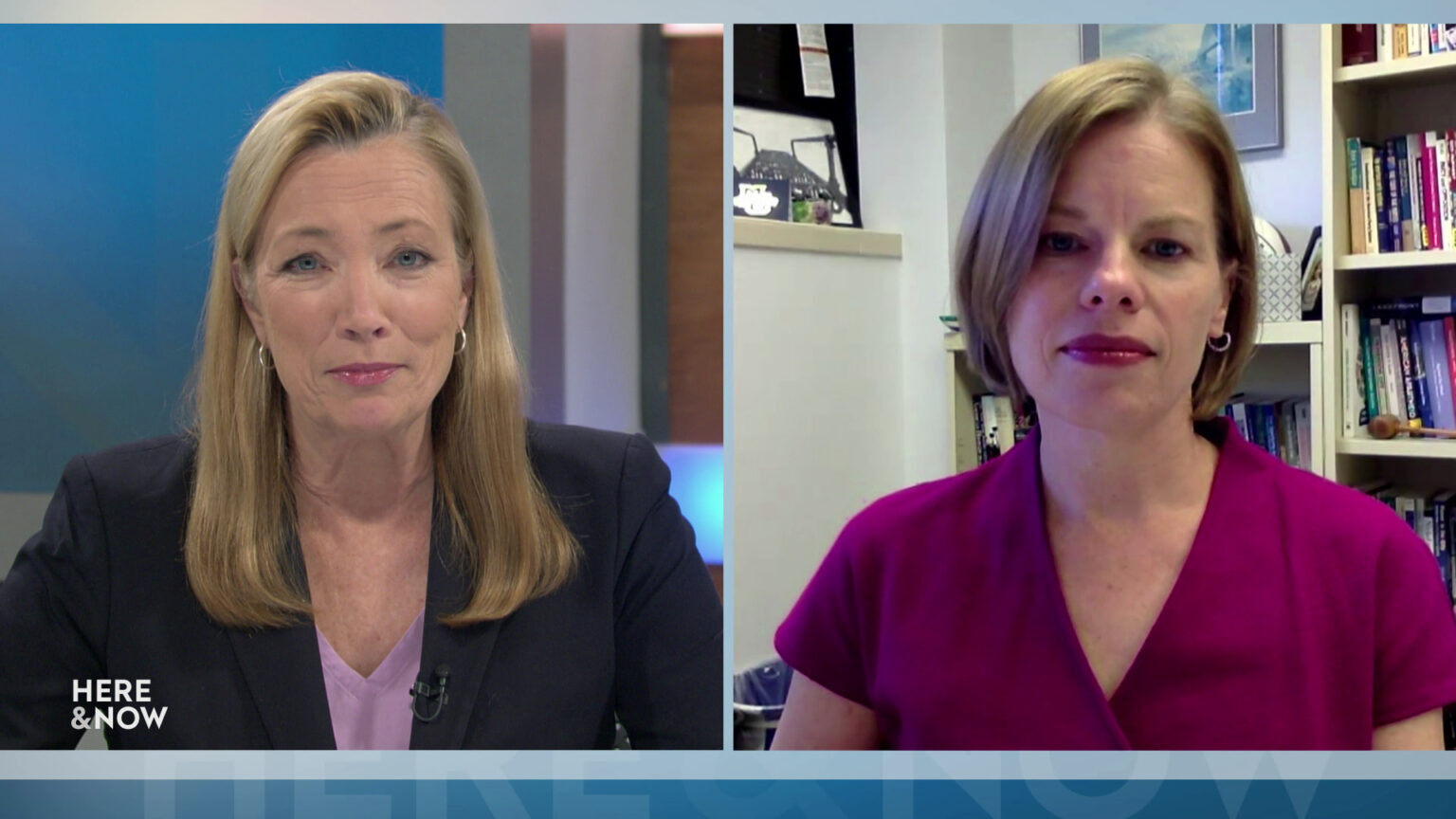
Frederica Freyberg and Amber Wichowsky (Credit: PBS Wisconsin)
The Nov. 8 election saw Republican incumbent U.S. Senator Ron Johnson win a third term with a 1-point lead over Democratic challenger Mandela Barnes, while Democratic incumbent Gov. Tony Evers won a second term with a more than three-point lead over Republican challenger Tim Michels. Marquette University political science professor Amber Wichowsky lauded younger voters for turning out. In the 3rd Congressional District race, UW-La Crosse political science professor Anthony Chergosky described voters feeling the Democratic Party abandoned its candidate Brad Pfaff, who was defeated in a closer than expected race by Republican candidate Derrick Van Orden. The director of Black Leaders Organizing for Change, Angela Lang, decried the campaign against Lt. Gov. Mandela Barnes in his close loss to Johnson. Political panelists Bill McCoshen and Scot Ross discussed lessons learned from the midterms on the part of Democrats and Republicans.
Amber Wichowsky
Professor, Marquette University Department of Political Science
- Gen Z voters, who are 18 to roughly 25 years old, are regarded as showing deep civic engagement, but political observers didn’t know ahead of the 2022 midterm election if they would show it at the polls. It turned out they cast ballots at higher rates than expected, including in Wisconsin — where certain issues animated these voters.
- Wichowsky: “The one issue that stands out is abortion. If you’re looking at public opinion data heading into Tuesday, abortion was more likely to be identified as a top issue for younger voters. Younger voters also are more likely to cite climate change as an issue — a pressing concern for them. They’re slightly less likely to say things like inflation, issues that tend to both advantage Republicans in choice and also tend to animate older voters. So the issue with Gen Z isn’t just their rates of participation, which they are civically engaged generation, but that this is a generation that is breaking for Democrats. So they’re voting three-to-one for Democratic candidates, and so that together is going to help deliver votes for others here in Wisconsin.”
Angela Lang
Executive Director, Black Leaders Organizing for Change
- A key feature of the Ron Johnson campaign was attack ads calling Mandela Barnes things like “different and dangerous” when it comes to the issue of crime. After organizing get-out-the-vote efforts in southeast Wisconsin, Lang lamented the tone of the campaign as presented through such ads.
- Lang: “They were terrible. They were vile. They were really hard to watch. And I think for me personally and I think other folks, if we can talk to our own lieutenant governor this way, how did the campaign feel about the rest of the Black community and voters that he should have been courting instead of actually vilifying as terrible? It was difficult and it was hard to watch. But at the same time, it’s very encouraging to see Mandela Barnes remain really graceful in how he handled that and did not stoop to their level.”
Anthony Chergosky
Professor, UW-La Crosse Department of Political Science and Public Administration
- In Wisconsin’s 3rd Congressional District, the Trump-endorsed Republican Derrick Van Orden is headed to Washington. Weeks before the election, the national Democratic Party pulled support from its candidate Brad Pfaff. Chergosky described the party’s actions as a miscalculation.
- Chergosky: “Yes, the race was much closer than expected. And, in most close congressional races, the political parties and the political action committees get heavily involved to assist the candidates. What was so striking about this race was the lack of party support and the lack of support from those key political action committees in helping Brad Pfaff, the Democrat. I think Democrats, both within the party and within these key political action committees, clearly miscalculated. They clearly did not expect this race to be as close as it was, because as a political scientist, my expectation is that when a race is close, you’re going to get the party heavily involved, you’re going to get the PACs heavily involved. That did not happen. Clearly, there was some disconnect in the Democratic Party about the state of this race.”
Bill McCoshen and Scot Ross
Republican and Democratic political analysts
- McCoshen is a long-time Republican lobbyist and was a consultant for Tim Michels, and Ross is a Democratic organizer with deep roots in electoral politics and campaigns. They weighed in with their reactions to the results of Wisconsin’s midterm election.
- McCoshen: “A little like a youth soccer tournament — everybody got a trophy, right? Republicans won the U.S. Senate race. They won the state treasurer’s race. They won the 3rd Congressional District. And they picked up seats in both the Assembly and the Senate. So there were big wins on the Republican side on Tuesday night as well. Granted, there were some significant Democratic wins. Losing the governorship and in the AG’s race in this political climate is a massive missed opportunity for Republicans. There’s no doubt about that.”
- Ross: “I think Tony Evers’ mandate now means that we’re going to move Wisconsin forward. Democracy was on the ballot. Abortion was on the ballot. Freedom was on the ballot. And the people responded. And they said they wanted the Democratic way. They wanted Tony Evers in there to make sure that those freedoms are protected. We’re going to have free and fair elections from now on. Let’s just see if the Republicans can join us in this mandate and move the state forward.”
Watch new episodes of Here & Now at 7:30 p.m. on Fridays.
 Passport
Passport




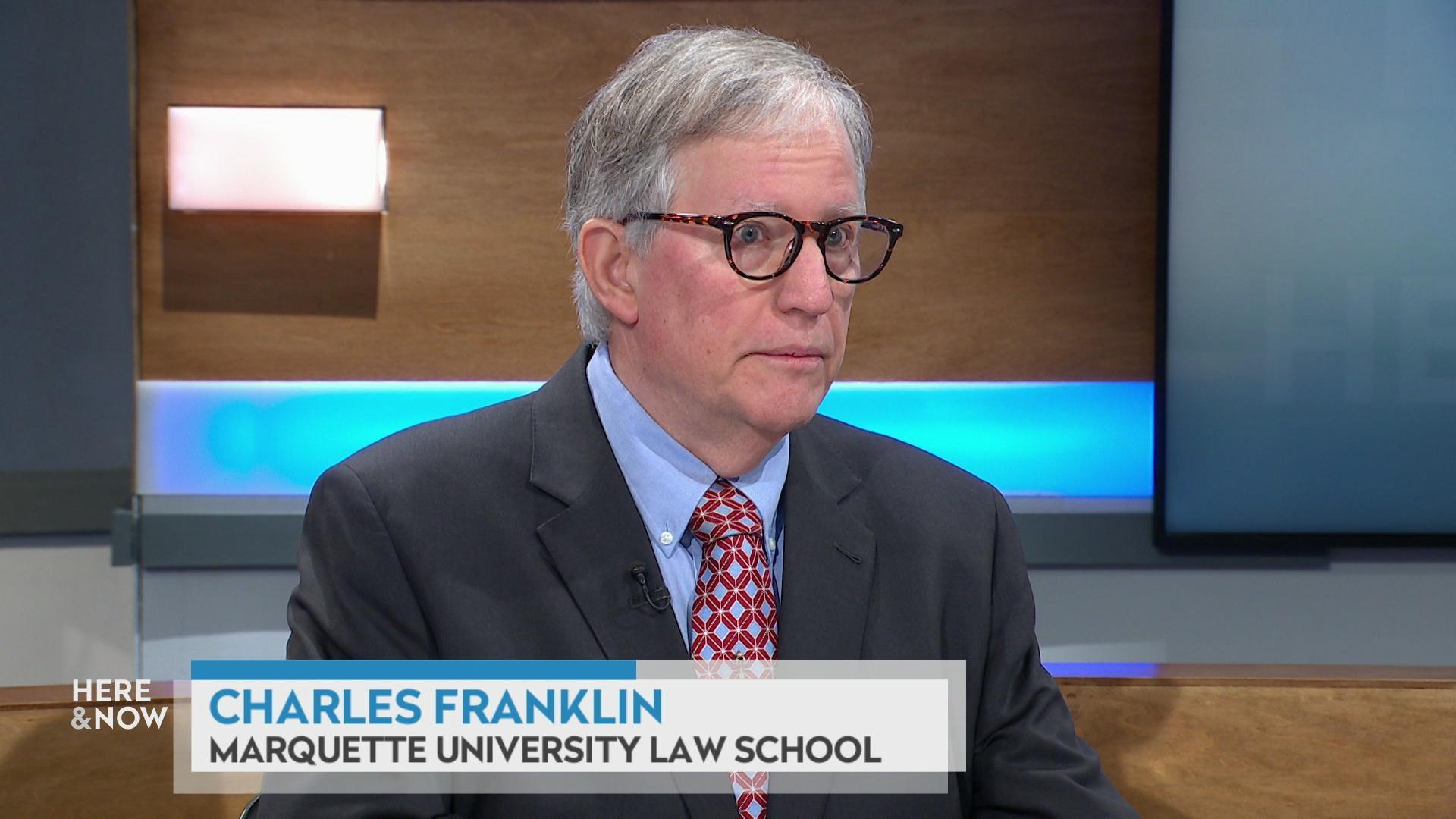

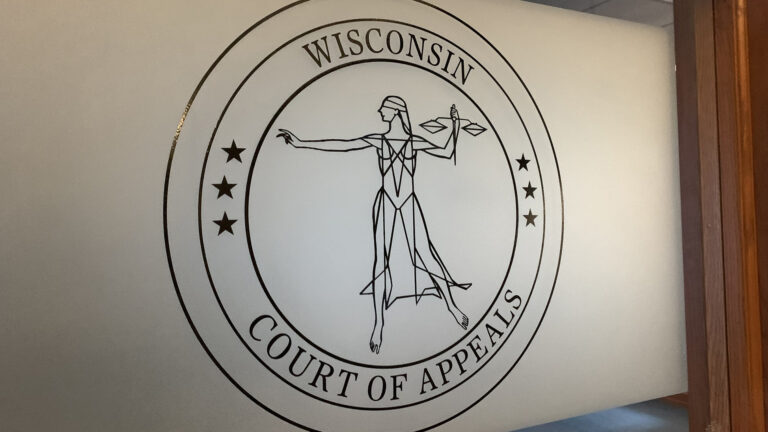
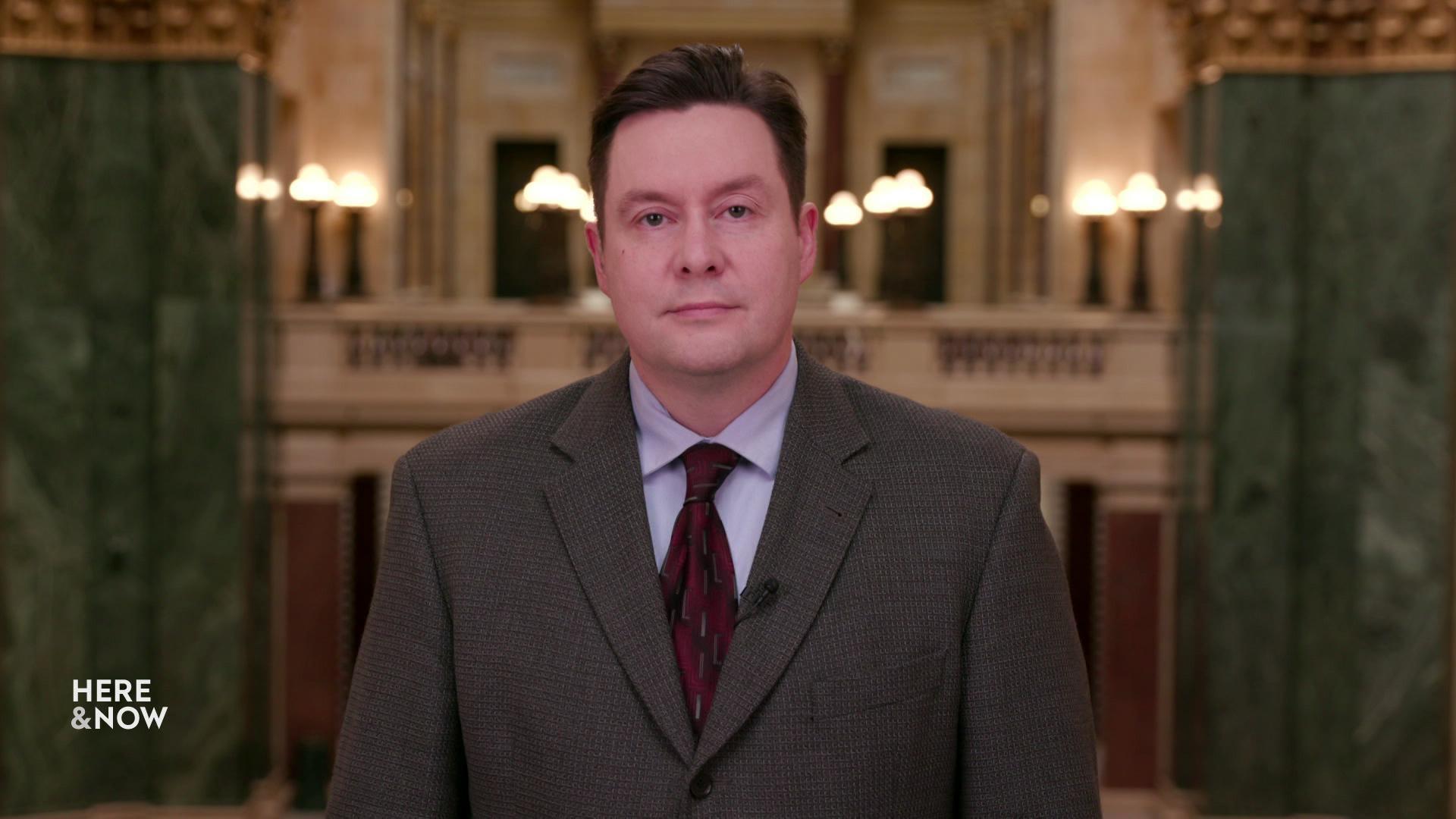
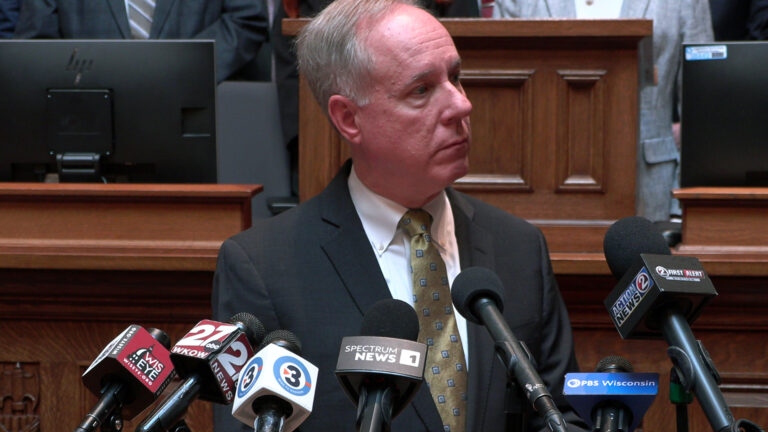


Follow Us